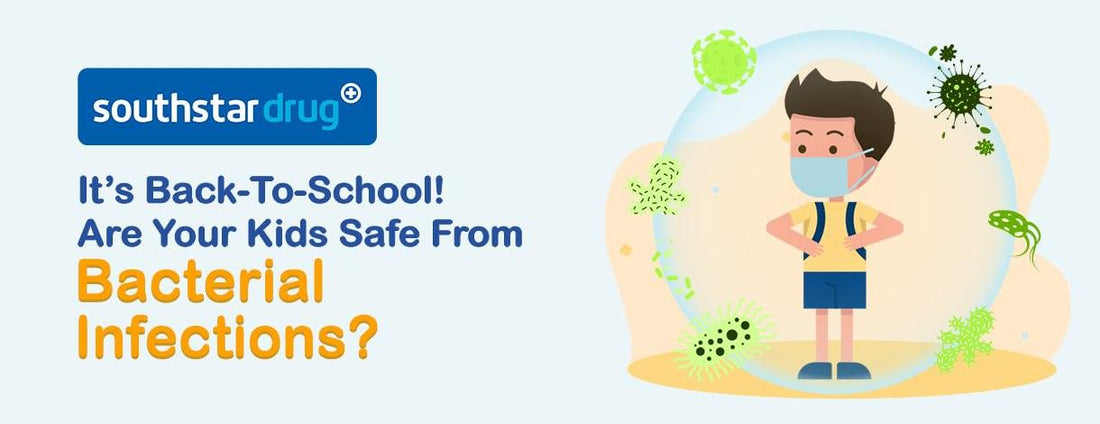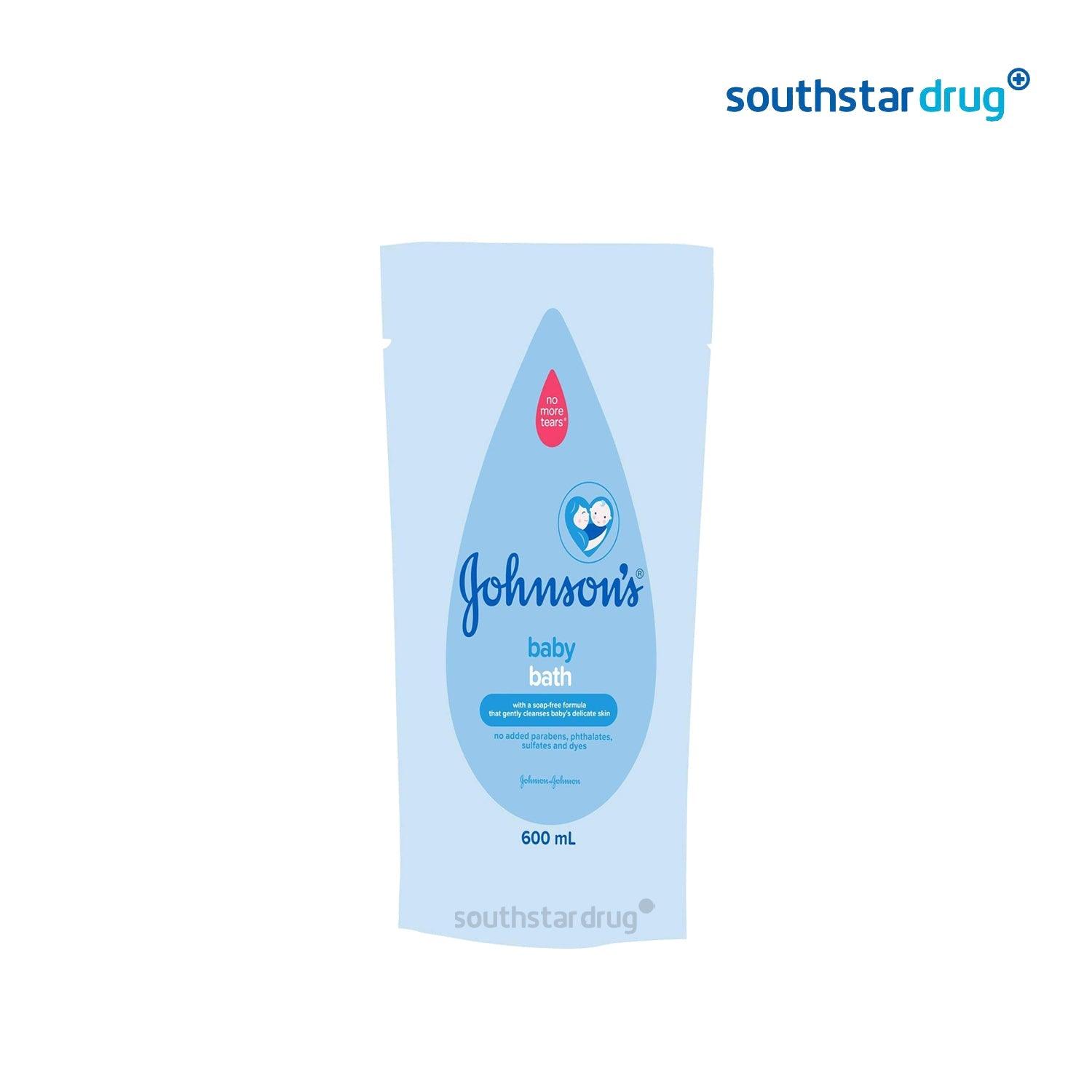
Are you a mom who is excited to bring her child to school? Or a dad who wants their kids to enjoy their learning experience for the first time? The pandemic has brought so many hindrances in our lives especially when it comes to education. But, now, things are going back to normal and face-to-face classes are on.
According to 2019 data, there are 312.44 thousand cases of pneumonia in the Philippines. Needless to say that parents are still sharp about the health of their kids particularly now that kids are back to schooling and embracing a new environment. But, that doesn’t mean they aren’t exempted from bacterial infections causing colds, coughs, pneumonia, etc.
Before your kids catch any of these infections, it’s better to be familiar with how to mitigate these arising bacterial infections from your child’s environment. This is especially important when sending kids to school on rainy days, as the damp weather increases the risk of colds, flu, and other infections.
3 common back-to-school illnesses to watch out
It will be a new milestone for your kids to have new friends and learn. At the same, there can be some infections that are hanging around the classrooms and it will be a challenge for you in keeping them safe. So, what are the common back-to-school illnesses that you can prevent from harming your kids at school?
Strep Throat
Strep Throat happens when kids experience sore throat which is caused by a bacteria known as Streptococcus. They feel pain whenever they swallow and you will know this if they have swollen tonsils due to tonsil stones (these are white or yellow spots or calcium deposits) and the whole throat region is red. This bacterial infection can be acquired from the food intake and when there is sharing of utensils.
Cough and Colds
As we all know this type of upper respiratory infection is already common among children and is a community-acquired infection, especially in the weather condition of the Philippines. Kids would always want to play with their classmates under the sun and they start perspiring without changing their clothes afterwards. Until then, they start to have a whooping cough, they keep on sneezing and worse, get a fever. Allergic rhinitis can also manifest during this infection.
Pneumonia
This infection is an inflammation of the lungs which hinders children to have uncomfortable breathing, chills, and fever. Viruses, bacteria, and fungi are present in this infection which is harmful when they do not have the appropriate treatment and proper medication. Chest pain, loss of appetite, ear pain, vomiting, rash, and headache are the symptoms of pneumonia.
Of course, it’s a serious sickness that you need to pay attention to. When things don’t get better, consult your children’s doctor or take them to the hospital for a check-up.
What are the 5 tips to keep your kids germ-free
Unfortunately, parents are not in school to watch over their children the whole day. But, this should not add up to your worries because you can still prevent them and shield your kids from all types of infections.
Here are some tips to practice with your children:
- Washing of hands. All possible sources of infections are on the surfaces and it should be a practice to wash hands before and after meals, going to the comfort room, or when unintentionally touching dirt. Remind them to not put their hands in their mouth or rub their eyes. Teach your kids to wash their hands and count for about 20 seconds. Good hand washing helps prevent germs from taking place.
- A good rest. Your kids also need rest because they don’t only sit in class and learn but they also play around with their classmates. This will prevent their body from giving up easily at an early age. Considering that pneumonia is a tiring and irritating sickness, your child’s condition could be disturbing because of difficulty in breathing.
- It’s difficult to control the external factors of bacterial infections but timely drinking of water should not be neglected. There are several benefits of drinking water and it’s also one of the best ways to make your child feel better. It helps your kids digest the food they eat and also flushes away the bacteria.
- Taking medicines. Your kids should have daily medicines such as vitamins to at least safeguard them from unforeseen bacteria and viruses. However, with the presence of repeating infections, you can start looking for the medicine that is suitable for treating bacterial infections. You can let them take medicines as prescribed by the doctors to prevent further unpleasant sensations.
- Vaccination. Vaccines have weakened antigens that will eventually help the immune system. There are flu shots available to your hospitals as per prescription and advice of the doctors. Take this opportunity to boost the immunity of your kids.
Stay Safe Kids!
Do the best you can in protecting your child’s safety even if you are not around at school. Bond with them when they are home and practice proper personal hygiene and consult with a doctor to get the right treatment and medication as early as now. So that in the future, your kids are trained to be cautious about health and prevent themselves from getting sick.












